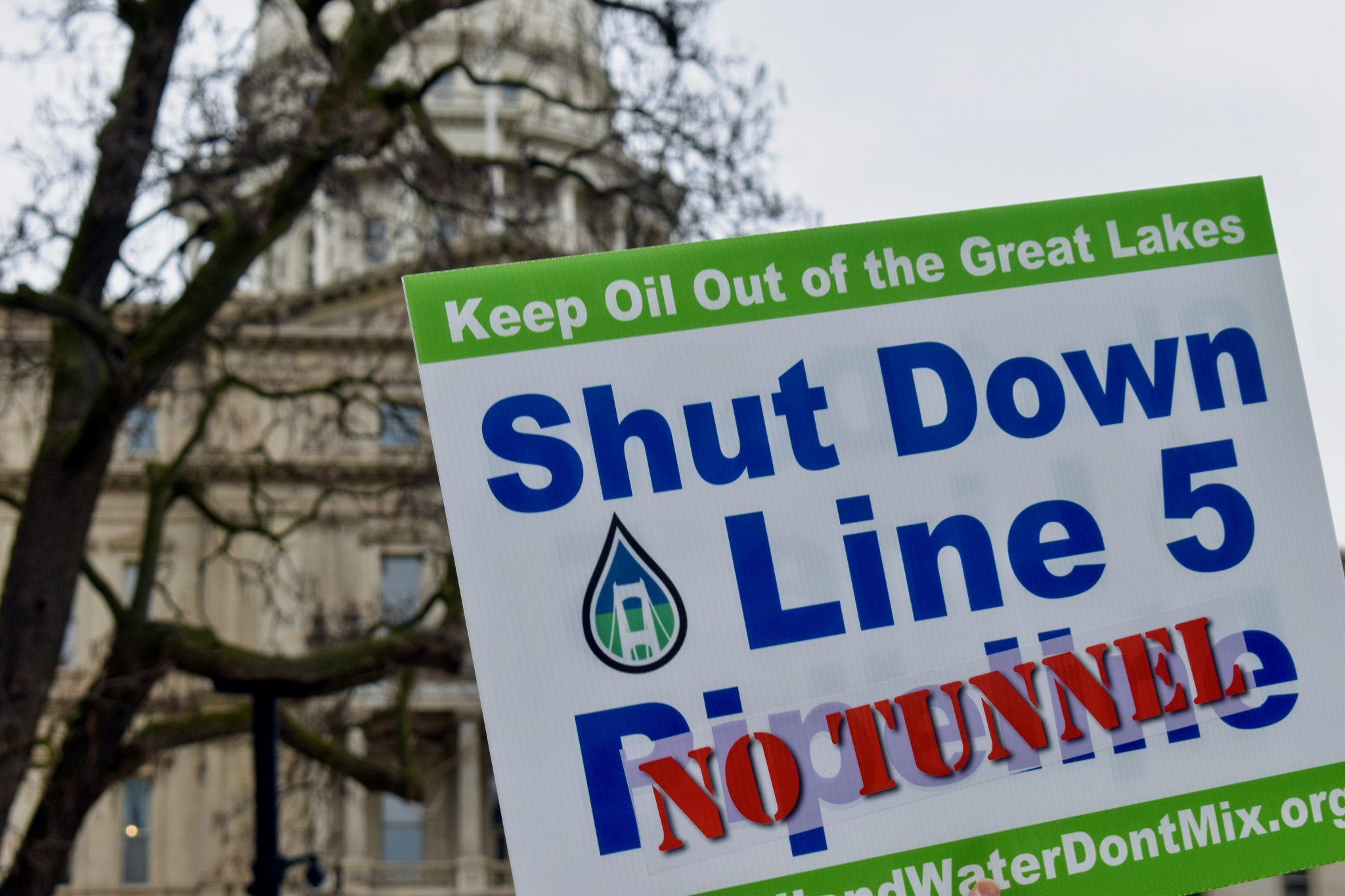Pipeline Showdown: Indigenous Nations and Eco-Advocates Demand Supreme Court Intervention in Line 5 Battle

In a bold legal challenge, Native American Tribes and environmental advocates are taking their fight against Enbridge's Line 5 tunnel project to the Michigan Supreme Court. Following a recent Court of Appeals decision that upheld a critical permit for the controversial pipeline project, four Indigenous Tribes and three environmental organizations are seeking a comprehensive review of the lower court's ruling.
The groups argue that the permit violates fundamental legal principles, including the public trust doctrine, state constitutional protections, and environmental regulations. Their appeal represents a significant stand to protect Michigan's delicate ecosystem and Indigenous treaty rights.
At the heart of the dispute is Enbridge's proposed tunnel project for the Line 5 pipeline, which has long been a source of environmental and cultural concern for local Tribes and conservation groups. By bringing their case to the state's highest court, these plaintiffs are signaling their unwavering commitment to environmental preservation and indigenous sovereignty.
The legal battle continues to highlight the ongoing tensions between energy infrastructure development and environmental conservation, with potentially far-reaching implications for Michigan's natural resources and Indigenous communities.
